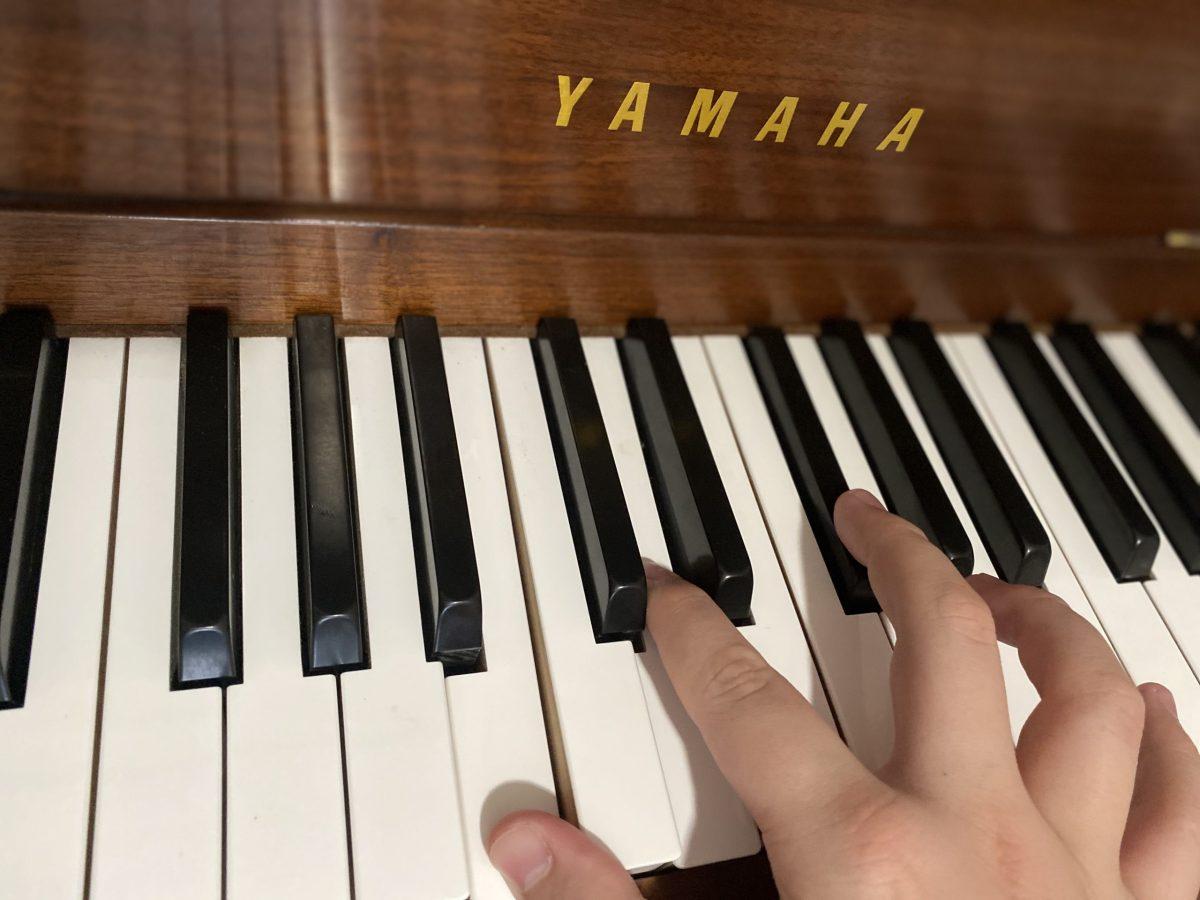The COVID-19 pandemic brought a variety of challenges to UTD’s art programs; however, the university’s band and orchestral ensembles – known collectively as the Comet Symfonique – have adapted and found a way to continue making music.
The ensembles are among the few classes on campus continuing to regularly meet in person.
Adron Ming, director of the string ensemble, has been holding rehearsals in person every Tuesday night. The structure of the rehearsals has changed significantly since the onset of the pandemic.
“Normally, all the strings meet together for the first half of class. Then, we join the wind (section) for full orchestra. As a string student enrolled in string orchestra, the student has the experience of playing string orchestra music and then also playing in the full orchestra,” Ming said. “With the pandemic, we can no longer have full orchestra because we can’t fit everyone into the room safely, and the students miss out on playing the full orchestra repertoire. The experiences of the students are cut in half.”
Maria Kiesewetter, a neuroscience junior and president of the Comet Symfonique, is one of only four students that is participating in the orchestra online.
“Personally, I have been having to watch the class recordings because I live in a different time zone,” Kiesewetter said. “I am still required to do (some coursework) for the class, so what I have been doing is a solo or duet on my own and sending in the recordings. It is more difficult to actually participate in the group.”
COVID-19 safety restrictions pose challenges for musicians on campus when it comes to maintaining these conditions. Most of the band students in the class play some sort of wind instrument and playing requires them to take off their masks. In order to adhere to COVID-19 safety restrictions, they sit as far apart as possible and in rows when they are not playing in a small ensemble. Gregory Hustis, director of the band ensemble, says that playing this way has been challenging.
“Doing anything online with a large group is pretty much impossible. Everyone’s internet is different, the timing is different and you can’t hear the other people. We had to have everyone willing to come in person,” said Hustis. “People wear masks until they get to their seats. Then they are six feet away from each other, which does not make for great ensembles sometimes, and they can’t really sit in a way that they can see each other very well because we have to space things out. All of that is difficult. You come, you rehearse, and you leave. There’s no hanging around afterward. I think that this has taken a toll artistically.”
In addition to the logistical challenges brought on by the pandemic, Kiesewetter said that the music groups experienced a drop in enrollment numbers early in the fall and spring semesters. This brought about a scare as to whether they would meet the minimum number of required people to hold the class.
“It was super important these couple semesters to make sure that everyone who is playing is enrolled in the class so we could show the school that people really want these music programs,” Kiesewetter said.
Due to COVID restrictions, the band wasn’t allowed to enroll too many students either: the string orchestra enrollment was capped at 30 and the band ensemble cap was set at 15.
“Right now, we are actually at the maximum we can put on site. At this point, I think I have about 21 that actually show up for class on Tuesday night,” Ming said. “But normally, we have something like 35 people. There are students who would play but don’t because it’s just not feasible right now.”
Hustis said that he is glad that the musical ensembles are still able to make music despite the obstacles of the pandemic.
“It’s been a real challenge, but I have to say that the students have been great. They have been very flexible and very understanding and willing to adapt to a crazy situation,” Hustis said. “They’re the ones that have made it work.”





